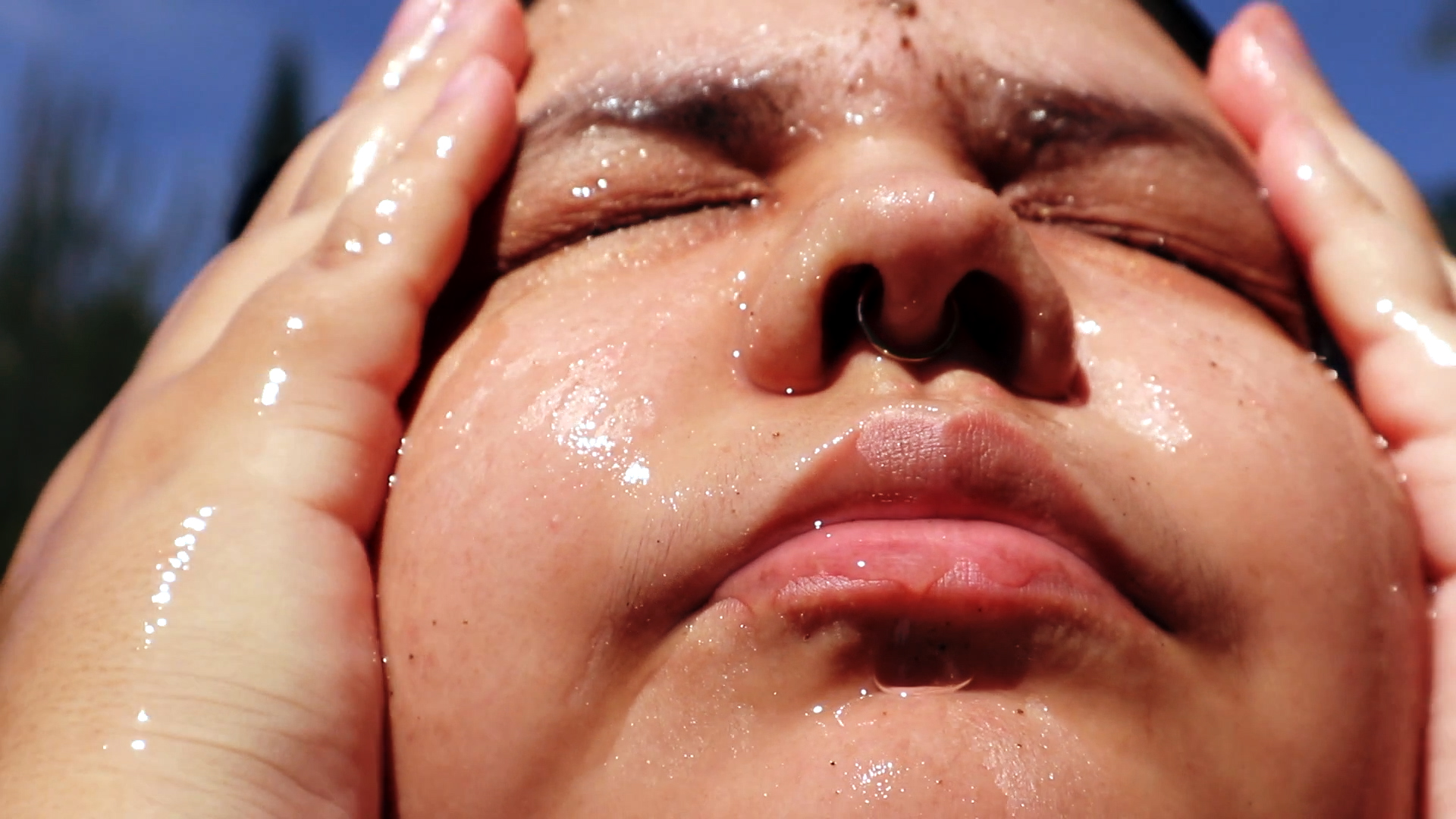A Matter of Life
Friends, community, self… A program of films that reveal ways to cherishing who we are, just as we are.
“People don’t care how much you know, they want to know how much you care.” – Elder Little Brown Bear
Program running time: 87 min
Available for viewing ONLINE across Canada from August 26 – September 5.
Tickets on a sliding scale from $0 – $20.
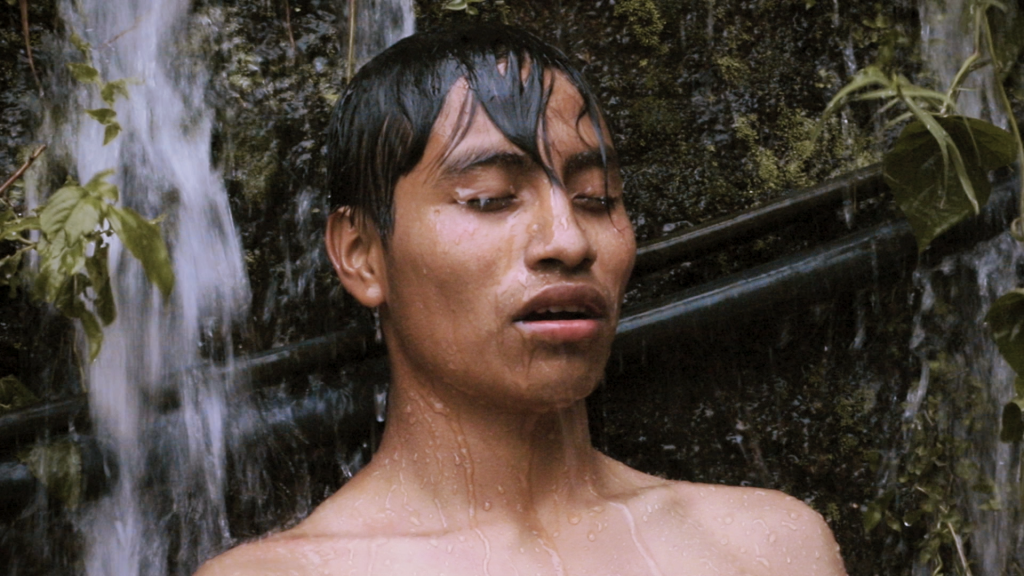
Kuxlejal (Life)
Dir. Elke Franke
Tsotsil/Chiapas/Mexico, 2020 | 40.34 min |
Tsotsil & Spanish with English subtitles
“Kuxlejal” means “Life” in the Tsotsil language, and Life and how to feel alive in order not to die, is the theme of this essential documentary that makes the high suicide rate among Indigenous youth in Chiapas visible and reflects the feelings and conflicts leading to the thought that “life is worth nothing”. The centre of the film is the search to cherish one’s own identity, linking the need to connect with ancestral roots and the desire to be part of the globalized modernity. Though the film aims to start a dialogue and to create a bridge of empathy between generations and cultures, the primary motivation is to save lives.
Elke Franke is German by birth and Mexican at heart. She studied psychology, psychodrama and Gestalt in her home country, a career that was interrupted when she moved to Mexico. She is cofounder of the NGO Vientos Culturales (Cultural Winds). Elke Franke is dedicated to promoting children’s rights, inclusion, and freedom of expression and works in vulnerable communities under adverse conditions. Kuxlejal (Life) is her first documentary film.
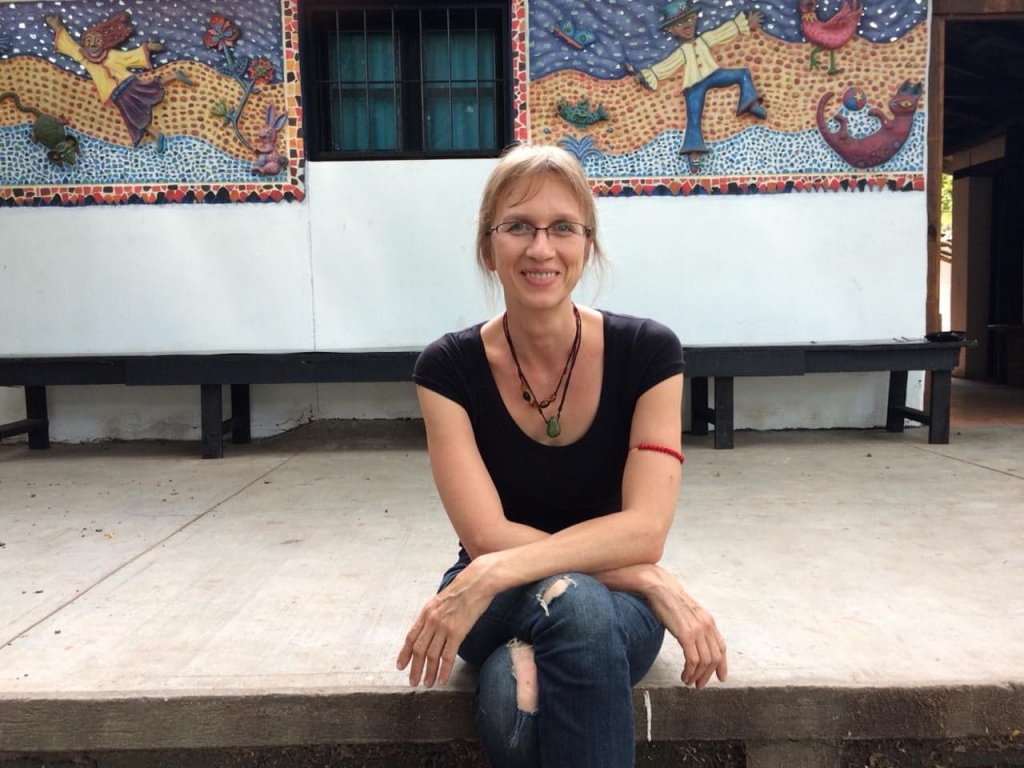

Odehimin (Heart Berry)
Dir. Kijâtai-Alexandra Veillette-Cheezo (Anishnabe/Quebec | 2.45 min | Anishnabe, English & French with English subtitles
Odehimin is reconnecting with oneself and relearning to love oneself.
Kijâtai-Alexandra Veillette-Cheezo was born in Val-d’Or to a non-Indigenous mother and an Indigenous father of the Anishnabe Nation. They consider themselves an artist and activist. They have directed three short films that address Indigenous realities (Kijâtai, Kabak and Odehimin) using images and sounds in a poetic way. They are currently involved through organizations such as Puamun Meshkenu, Mikana and Wapikoni as an ambassador. This allows them to present awareness workshops and participate in the discussion on Indigenous cultures and realities while working to build bridges between Indigenous and non-Indigenous people. They also recently started internships at Ondinnok in communications and at La Converse in journalism.
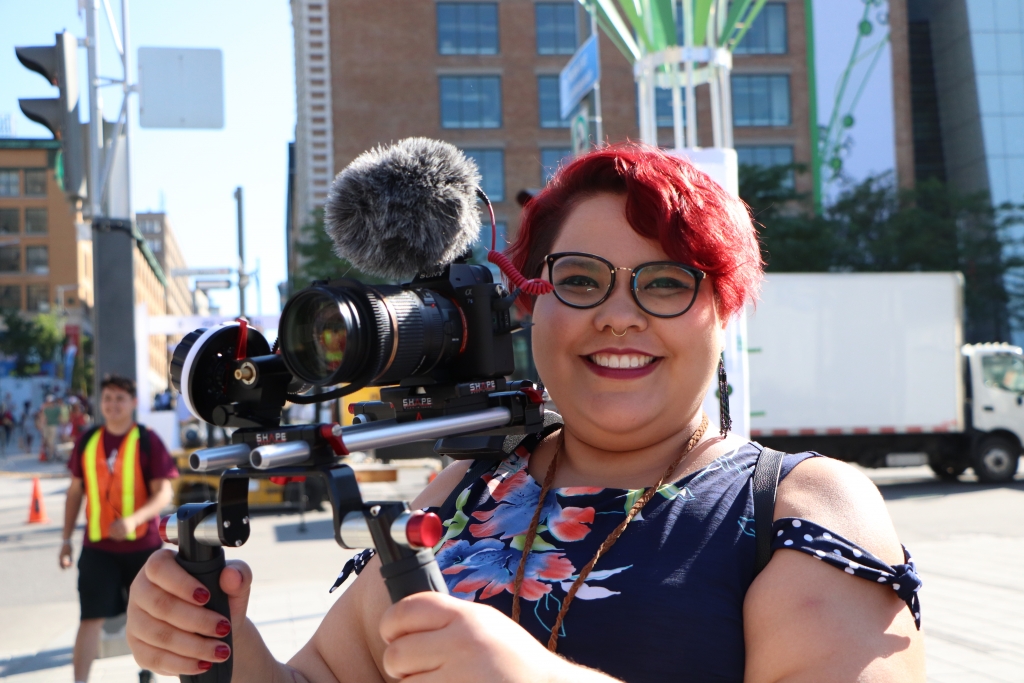
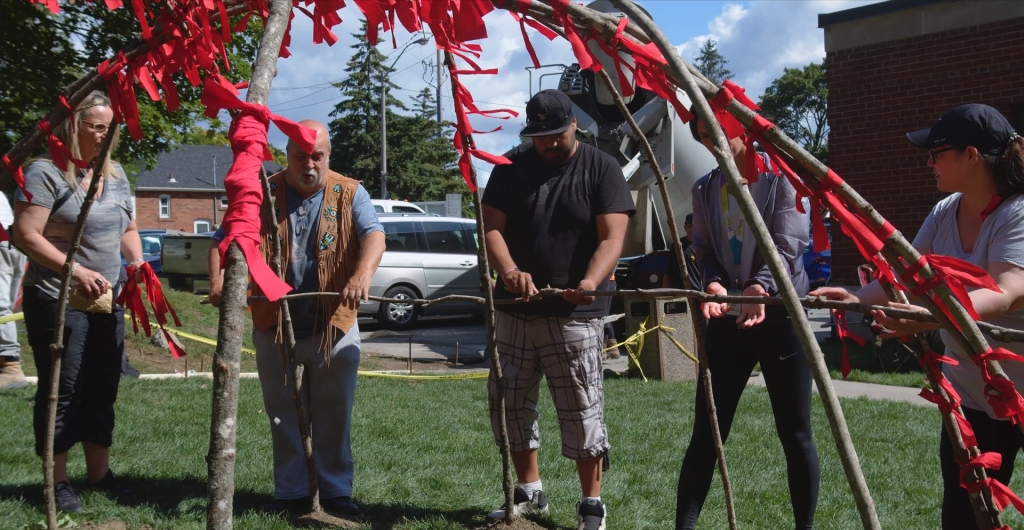
Healing the Nation
Dir. Jack Major & Ernest W. Matton (Elder Little Brown Bear, Athehsa Niohkwá:rita:a) | Canada | 44.31 min | English
In 2012, Elder Little Brown Bear reopened the Toronto Day Withdrawal Program, rebranding it as the Aboriginal Healing Program and granting it a safe space for First Nation, Métis and Inuit persons to heal from trauma, mental health and addiction issues. Healing the Nation follows members of this program as they reconnect with their culture, explore current and past unresolved issues, and help a local Toronto hospital on their journey to Truth and Reconciliation. Through this story of community and resilience, audiences are given an intimate understanding of traditional Indigenous teachings and enlightened on holistic approaches to health and wellbeing.
Jack Major is an LGBTQ+ documentary filmmaker and writer. He currently co-runs Mission and Theory Inc., a purpose-driven film production company that reinvests its profits into creating documentaries with a social impact. Jack’s first short documentary The Venus Project (2019) won Best Social Impact Film at the Grenada Afterglow Film Festival, as well as Best Micro Short at the Oregon Documentary Film Festival.
Inducted into the Order of Ontario, Ernest W. Matton (Athehsa Niohkwá:rita:a, Elder Little Brown Bear), is a highly respected Métis Elder, and spiritual ambassador who blends Traditional teachings with mainstream information to provide holistic healing approaches for Aboriginal and non-Aboriginal community members and professional disciplines.
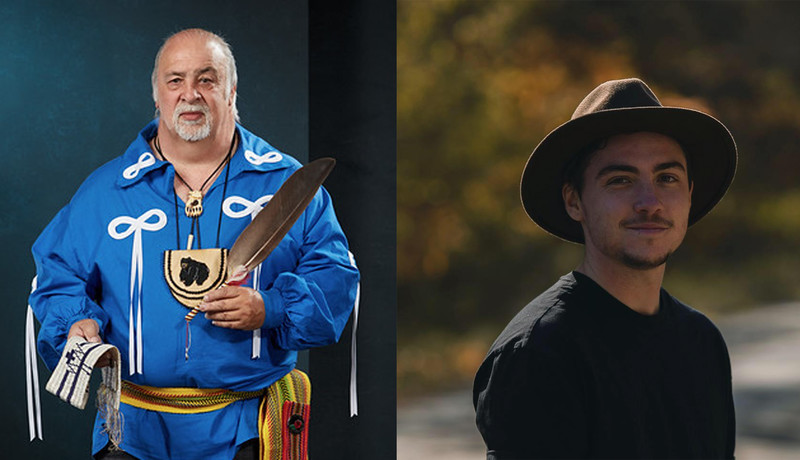
Co-Presenter:
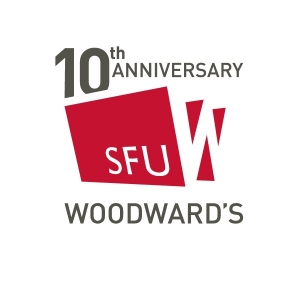
Vancouver Latin American Film Festival is located on the traditional, ancestral, and unceded territory of the Coast Salish Peoples, including the territories of the xʷməθkwəy̓əm (Musqueam), Skwxwú7mesh (Squamish), and Səl̓ílwətaʔ/Selilwitulh (Tsleil-Waututh) Nations.

